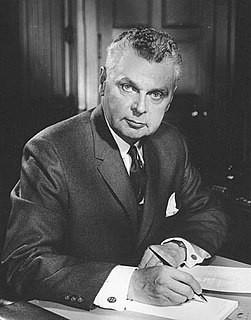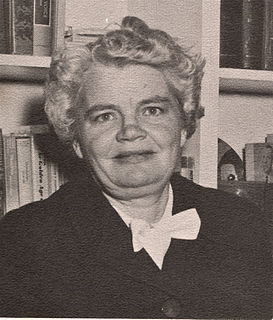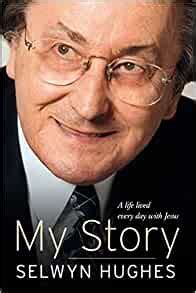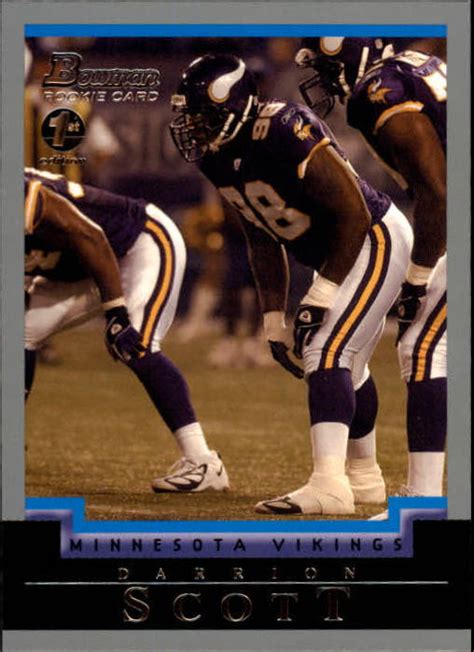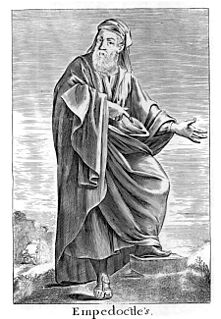A Quote by Robert Browning
It's like those eerie stories nurses tell,
Of how some actor on a stage played Death,
With pasteboard crown, sham orb and tinselled dart,
And called himself the monarch of the world;
Then, going in the tire-room afterward,
Because the play was done, to shift himself,
Got touched upon the sleeve familiarly,
The moment he had shut the closet door,
By Death himself. Thus God might touch a Pope
At unawares, ask what his baubles mean,
And whose part he presumed to play just now.
Best be yourself, imperial, plain and true!
Quote Topics
Actor
Ask
Be Yourself
Because
Best
Closet
Crown
Dart
Death
Done
Door
Eerie
God
Going
Got
Had
Himself
His
How
Imperial
Just
Like
Mean
Might
Moment
Monarch
Now
Nurses
Part
Plain
Play
Played
Pope
Room
Sham
Shift
Shut
Sleeve
Some
Stage
Stage Play
Stories
Tell
Then
Those
Thus
Tire
Touch
Touched
True
Whose
World
Yourself
Related Quotes
Some wonder why I have such a feeling of concern over the imposition of the death penalty. I ask those who wonder how would you feel if you defended a man charged with murder, who was as innocent as any hon. member in this House at this very moment, who was convicted; whose appeal was dismissed, who was executed; and six months later the star witness for the Crown admitted that he, himself, had committed the murder and blamed it on the accused? That experience will never be effaced from my memory.
For if it is not lawful to take the law into our own hands and slay even a guilty person, whose death no public sentence has warranted. Then certainly he who kills himself is a homicide, and so much the guiltier of his own death as he was more innocent of that offence for which he doomed himself to die.
I — I mean," Kate stumbled on, "that with us there is a time past and time present, and time future, and with your gods perhaps there is time forever; but God in Himself has the whole of it, all times at once. It would be true to say that He came into our world and died here, in a time and a place; but it would also be true to say that in His eternity it is always That Place and That Time — here — and at this moment — and the power He had then, He can give to us now, as much as He did to those who saw and touched Him when He was alive on the earth.
See that unfortunate soldier who is falling hurt to death ("tombe blessé à...", Fr.) on the battlefield; he learns that his folks have vanquished and dies happy. He detached himself from himself (s'est détacher de lui-même", Fr.), has identified himself with something greater and more lasting than himself; his homeland ("patrie", Fr.); thus, while dying as an individual, he has the certainty to survive in a larger existence.
The law of giving and receiving is fundamental, and relates just as much to God as it does to us. As we go through the door of giving ourselves to God in worship we find that God comes through that same door and gives Himself to us. God's insistence that we worship Him is not really a demand at all but an offer-an offer to share Himself with us. When God asks us to worship Him, He is asking us to fulfill the deepest longing in Himself, which is His passionate desire to give Himself to us. It is what Martin Luther called "the joyful exchange."
He was Jimi Hendrix! He didn't sound like anybody else but himself. He was like Charlie Parker in his way of playing, he played well, he was a person that made waves. When you heard Jimi Hendrix you knew it was Jimi Hendrix, he introduced himself in his instrument... You know, many radio stations play records and a lot of the times they don't call out the names who you just listened to, but when they play Jimi Hendrix, you don't have to tell me, [you know] it's Jimi Hendrix.
In the christian view, the ultimate evidence for the existence of God is Jesus Christ.? If there is a God, we characters in his play have to hope that he put some information about himself in the play. But Christians believe he did more than give us information. He wrote himself into the play as the main character in history, when Jesus was born in a manger and rose from the dead.
And he began to see the truth, that Ged had neither lost nor won but, naming the shadow of his death with his own name, had made himself whole: a man who, knowing his whole true self, cannot be used or possessed by any power other than himself, and whose life therefore is lived for life's sake and never in the service of ruin, or pain, or hatred, or the dark.
We are not what we seem. We are more than what we seem. The actor knows that. And because the actor knows that hidden inside himself there's a wizard and a king, he also knows that when he's playing himself in his daily life, he's playing a part, he's performing, just as he's performing when he plays a part on stage.
I'd say the player whose style most resembles mine would be Neymar. That's because I played with a sense of joy and you can see that he feels the same and really enjoys his own play. He doesn't play for himself or just to entertain the fans - he plays for his team. He uses his quality and skill for the good of the team.
It's one of the best feelings in the world to hit the quarterback like that, hear the crowd go crazy, and then to watch it on film. You look forward to those types of plays. The best part about it is that you never know when it's going to come. Every play you've got to go hard and every play you've got to think and believe that you're going to get that quarterback sack. If you don't get it that play it might be the next play so you've always got to be thinking about it, and when it comes, it's the best.
Various accounts of Empedocle's death are given in ancient sources. His enemies said that his desire to be thought a god led him to throw himself into the crater of Mount Etna so that he might vanish from the world completely and thus lead men to believe he had achieved apotheosis. Unfortunately the volcano defeated his design by throwing out one of the philosopher's sandals.
Death is the only wise advisor that we have. Whenever you feel, as you always do, that everything is going wrong and you're about to be annihilated, turn to your death and ask if that is so. Your death will tell you that you're wrong; that nothing really matters outside its touch. Your death will tell you, 'I haven't touched you yet.

